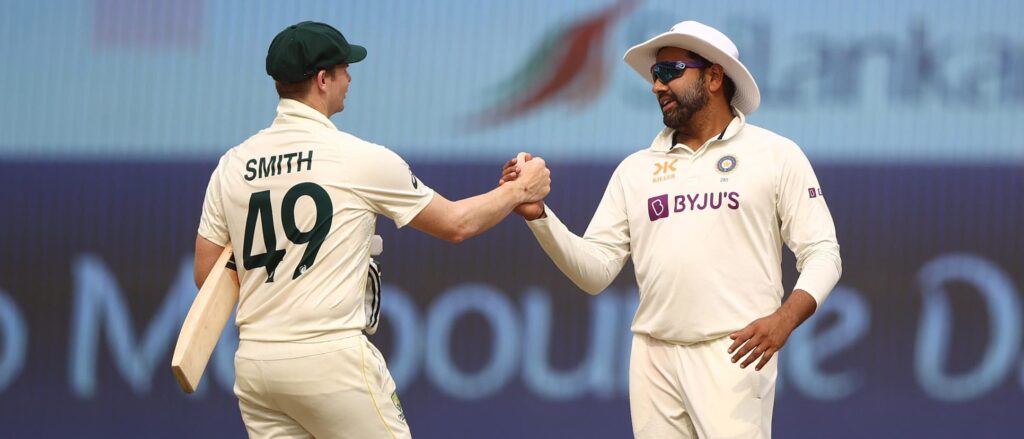The latest edition of Wisden Cricketers’ Almanack has taken a scathing view of the current World Test Championship (WTC) format, describing it as a “shambles masquerading as a showpiece.” The annual cricket publication, often seen as the sport’s definitive record, has called for significant reforms to a system that many feel is failing to do justice to the prestige of Test cricket.
The criticism comes at a time when the future of the WTC has been under discussion at recent ICC meetings. Despite the concerns, sources suggest the current structure involving nine teams and an uneven two-year fixture schedule is likely to remain unchanged for the 2025-27 cycle. This has raised questions about fairness and competitiveness, especially with teams reaching the final despite not playing several of the top-ranked opponents.
A key example cited is South Africa’s qualification for the final at Lord’s, achieved without facing either England or Australia and through a string of brief two-match series. Critics argue that such an approach undermines the legitimacy of the competition and fails to deliver a comprehensive test of the participating teams’ prowess.
A compelling case has been made for a complete overhaul of the WTC format. Among the suggestions is a shift to a four-year cycle, similar to football and rugby World Cups, where all top nine ranked teams would face each other home and away in a minimum three-match series. Such a system, proponents argue, would restore credibility and provide a true measure of excellence in Test cricket.
However, geopolitical tensions continue to complicate scheduling, most notably India’s refusal to play in Pakistan. This issue came to the fore during the recent Champions Trophy, where India played all their matches in Dubai, reflecting the power imbalance at the heart of international cricket. With India holding significant sway in global cricket affairs, including the recent transition of the BCCI’s Jay Shah to ICC chair, concerns have been raised about governance being concentrated in the hands of a few powerful stakeholders.
The criticism extends beyond the WTC to the overall administration of the sport. The perceived lack of accountability and transparency has fueled discontent, particularly among those who view the ICC’s decisions as skewed towards commercial interests rather than the game’s global health and integrity.
In a more somber and personal part of this year’s edition, Wisden includes heartfelt tributes to former England batter Graham Thorpe, who tragically took his own life last August. His wife Amanda, alongside former teammate Alec Stewart, shared deeply moving reflections on his battle with depression and anxiety. Amanda’s words aim to challenge stigmas around mental health and suicide, emphasizing compassion and understanding over judgment.
The publication also celebrates individual achievements, naming five new Wisden Cricketers of the Year Jamie Smith, Gus Atkinson, Dan Worrall, Liam Dawson, and Sophie Ecclestone for their standout performances during the English summer. Additionally, Jasprit Bumrah has been named the leading male cricketer in the world, while Smriti Mandhana takes the top honor among women.
Wisden’s dual focus this year combining stark criticism of cricket’s administration with human stories of struggle and triumph underscores its enduring relevance as more than just a record book, but as a voice for the conscience of the game.

